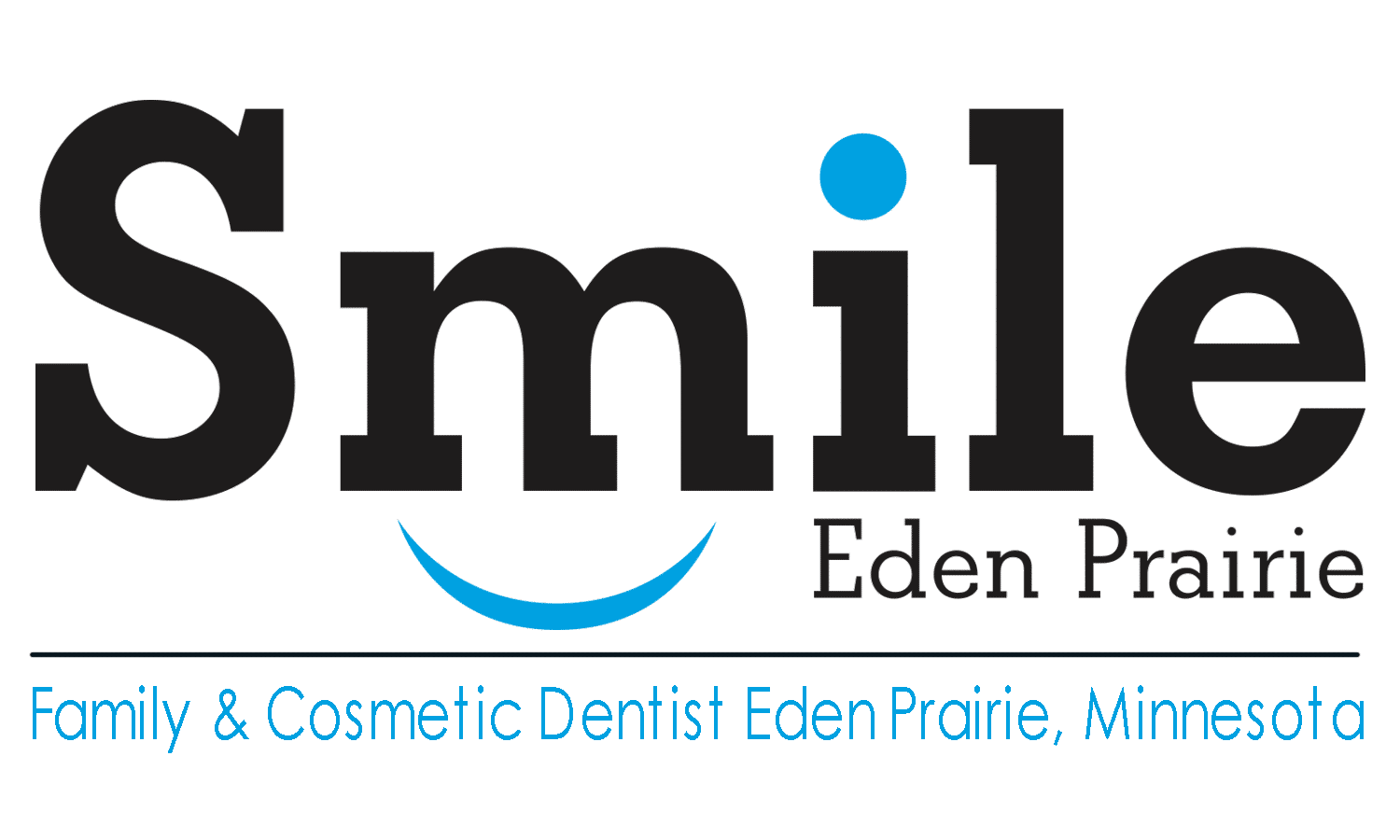General Dentistry Concepts: Dental phobia
Dental fear involves an emotional reaction to one or more specific dental situations. Dental anxiety indicates a state of apprehension that something dreadful is going to happen as a result of dental treatment Dental anxiety is usually coupled with the sense of losing control. Dental phobia represents a severe type of dental anxiety. It is characterized by persistent anxiety related to specific situations or objects such as drilling, local anesthetic injections or persistent anxiety to the dental setting in general. The term ‘dental fear and anxiety’ (DFA) is the term used to describe strong negative feelings associated with dental treatment in children, adolescents and adults. DFA is used regardless of if the criteria for a diagnosis of dental phobia are met. Dental phobia can include the fear of dental procedures, the general dental environment, a fear of dental instruments or the fear of the dentist.
Signs and symptoms
People who have dental phobia often avoid the dentist and neglect their oral health. This neglect and avoidance of the dentist often leads to painful dental issues and ultimately force the patient to visit the dentist. The emergency nature of this type of appointment may even worsen the dental phobia. This phenomenon is sometimes referred to as the cycle of dental fear. Dental anxiety typically begins for a patient as a child. There is the potential for this to place strains on particular relationships and negatively impact their employment.
Causes
Research suggests that there are numerous factors which lead to the development of dental anxiety and dental phobia. Some cases can be associated with a previous experience which was traumatic or they may be associated with indirect experiences. Patients who deal with dental fear often had a painful dental experience in the past. The painful experience is also one of their first dental experiences.
Individuals who have high levels of dental fear and anxiety often associate their anxiety with a traumatic dental experience that took place in the past. It has also been suggested that when a child has a traumatic dental experience, it often results in adult dental fear and anxiety. There is also a strong relationship between child and parental dental fear.
A hereditary genetic component in dental fear has also been found. The generic component is typically higher in girls than boys.
Management
Dental fear can vary from being very mild fear to extremely severe. It’s possible that the dental technique and management used may work well for one patient and may not work at all for another. Some individuals with dental phobia may require a customized treatment approach.
People working to manage their dental fear can find relief using short-term methods like hypnosis and general anesthetic. Some patients find help when using longer-term methods including cognitive behavioral therapy and developing their own coping skills. Short-term coping methods have not been proven to be effective as many patients return to the pattern of avoiding treatment after the therapy is complete. Psychological approaches have been found to be more effective in maintaining regular dental care, however, these methods require more knowledge from the dentist and increased motivation from the patient to improve.
Distraction techniques can also be used which divert the patient’s attention and allows them to avoid the negative feelings and be more comfortable during their dental visit. This type of avoidance or distraction can be achieved through television, movies, or a physical distraction like focusing their attention on another body part such as wiggling the toes or fingers.

